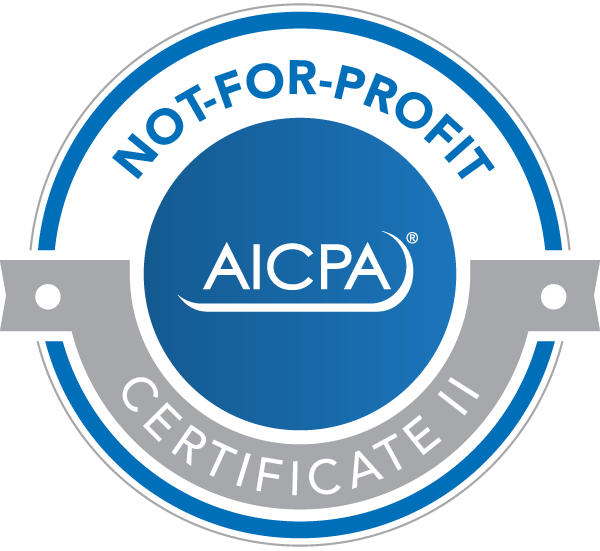If you own a vacation home, you may want to rent it out for part of the year. The tax treatment can be complex. It depends on how many days it’s rented and your level of personal use. Personal use includes vacation use by you, certain relatives and nonrelatives if market rent isn’t charged. However, […]
Author Archive | James B. Reynolds
Navigating the tax landscape when donating works of art to charity
One or more substantiation rules may apply when donating art. First, if you claim a deduction of less than $250, you must get and keep a receipt from the organization and keep written records for each item contributed. If you claim a deduction of $250 to $500, you must get and keep an acknowledgment of […]
The tax score of winning
Studies find that more people are gambling online and sports betting. And there are still more traditional ways to gamble. If you’re lucky enough to win, tax consequences go along with your good fortune. You must report 100% of your winnings as taxable income. If you itemize deductions, you can deduct losses but only up […]
Is a Health Savings Account right for you?
For eligible individuals, a Health Savings Account (HSA) offers a tax-favorable way to set aside funds (or have an employer do so) to meet future medical needs. Some of the tax benefits: 1) Contributions are deductible, within limits; 2) Earnings on the funds in the HSA aren’t taxed; 3) Contributions an employer makes aren’t taxed […]
Selling a home: Will you owe tax on the profit?
Many people have seen their home values increase recently. Be aware of the tax implications if you sell your home. If you’re selling your principal residence, you can exclude up to $250,000 ($500,000 for joint filers) of gain, if you meet certain requirements. For example, you must have owned the property for at least 2 […]
Planning for year-end gifts with the gift tax annual exclusion
As we approach the end of the year, many people may want to make gifts of cash or stock to their loved ones. By properly using the annual exclusion, gifts can reduce the size of your taxable estate, within generous limits, without triggering any estate or gift tax. The exclusion amount for 2021 is $15,000. […]
You can only claim a casualty loss tax deduction in certain situations
In recent weeks, some Americans have been victimized by severe storms, flooding, wildfires and other disasters. Unexpected disasters may cause damage to your home or personal property. The rules for deducting personal casualty losses on a tax return have changed through 2025. Specifically, taxpayers generally can’t deduct losses unless an event qualifies as a federally […]
Does your employer provide life insurance? Here are the tax consequences
Employer-provided life insurance is a coveted fringe benefit. However, if group term life insurance is part of your benefit package, and the coverage is higher than $50,000, there may be undesirable income tax implications. The first $50,000 of group term life insurance coverage that your employer provides is excluded from taxable income and doesn’t add […]
ABLE accounts may help disabled or blind family members
There may be a tax-advantaged way for people to save for the needs of family members with disabilities, without having them lose eligibility for their government benefits. It’s done though an ABLE account, which is a tax-free account that can be used for disability-related expenses. Eligible individuals must have become blind or disabled before turning […]
Scholarships are usually tax free but they may result in taxable income
If your child is fortunate enough to be awarded a scholarship, you may wonder about the tax implications. Scholarships and fellowships are generally (but not always) tax free for students at elementary, middle and high schools, as well as those attending college, graduate school or accredited vocational schools. It doesn’t matter if the scholarship makes […]







